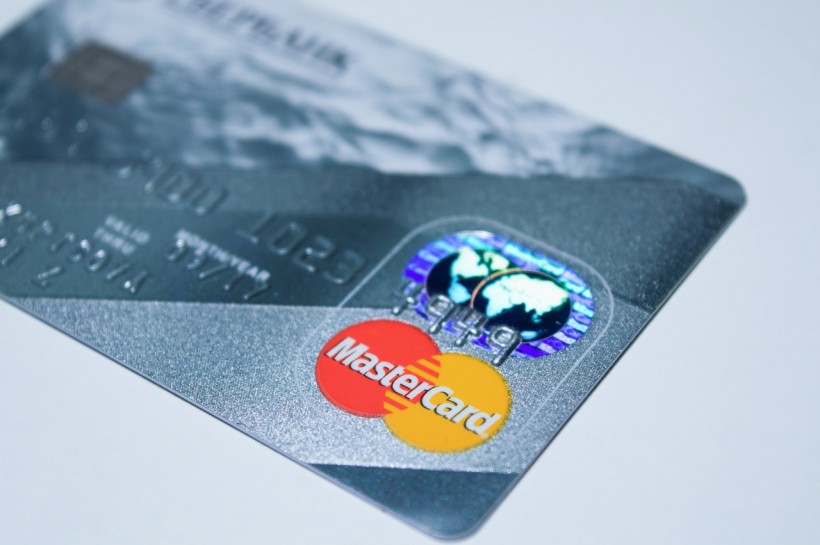Before you decide to go to the bank, you should know that there are plenty of other ways to borrow money in today's economy. One option that often goes overlooked is personal loans by Our Money Market, an online lending platform where borrowers can apply and receive the money within 24 hours. Here are 10 facts about personal loans that you may not have known.
What is Personal Loan
A personal loan is an unsecured loan that can help you when you need it most. With a personal loan, borrowers are not required to put up collateral as security. Personal loans are usually issued for short terms, typically between one and five years, but some can be for 10 years or longer. Borrowers can use personal loans to consolidate debts and get out of debt; make home improvements; pay off medical bills, or take care of any number of other household expenses.
1) The average credit score is between 675 and 725
A FICO score of 700 or higher is considered good. This can open up more financing options, from credit cards to home loans to personal loans. With a personal loan by Our Money Market, you may be eligible for up to $35,000 without a cosigner. That means you can start small and save big over time.
If you're one of a third of Americans who are considered "subprime," you typically can count on a lower loan amount at a higher rate. "Subprime" means your credit score is from 300 to 669, so you have less chances of obtaining a personal loan. Nevertheless, "subprime" borrowers can also get assistance of up to $15,000 due to bad credit loans guaranteed approval options.
2) Personal loan approval rates are higher than they have been since 2008
Personal loan approval rates are higher than they have been since 2008, which means there is more cash out there for those who need it. The personal loan market is growing larger and faster than any other type of lending in America right now, and data shows us why it's booming: people are taking on bigger loans because they want to start businesses or cover their own college expenses without getting into debt.
3) 80% of people say they would buy their dream home if they had a larger down payment
A personal loan from Our Money Market can be used for any number of things. Personal loans are available for anyone with a credit score above 620 and who is at least 18 years old. These loans can be used to finance anything from a home down payment to paying off high-interest debt, school expenses, medical bills or even consolidating some credit card debt into one lower monthly payment. Personal loans are also convenient because you only have to make one payment per month instead of multiple payments every month on multiple cards.
4) People who consolidate debt are more likely to maintain good credit
A 2010 Federal Reserve Bank of New York study found that consolidation borrowers do not reduce their spending. In addition, they have a lower probability of becoming 90 or more days delinquent on any loan in the following year compared to other households with credit card debt. Consolidating your debt can therefore help you improve your finances and avoid credit card delinquency. The more you know about personal loans, the better you'll be able to take advantage of them!
5) People with student loans report having greater financial satisfaction
Those with higher levels of education also tend to have more debt. According to a student loan refinancing report by Credible, 70% of college graduates with a bachelor's degree or higher are carrying over $29,000 in student loans. Despite their student loans, 89% of respondents reported being financially satisfied. This isn't just because people are deluding themselves into thinking they can pay off their debts.
6) Every $100 borrowed lead to $1,700 spent on interest and fees over 5 years
Borrowing for education and other costs like car repairs can be a good investment if done carefully. But it's also important to remember that credit card debt, personal loans, and other forms of borrowing are not free.
Every $100 borrowed lead to an average of $1,700 spent on interest and fees over five years. Plan for emergencies: Research shows that about one in four Americans uses their credit cards to pay for regular expenses like gas, groceries, rent, or cell phone bills.
7) Access to credit doesn't lead to reckless spending
Contrary to popular belief, access to credit doesn't lead people to overspend. Rather, it has actually been shown that having more access to credit can make it easier for individuals and families who need money to acquire loans, which may lead them to make better spending decisions. Additionally, while most Americans have access to some sort of credit card (66 per cent), only 41 per cent of adults pay their balance in full each month.
8) Borrowers who take out personal loans pay back 20% more than those who don't
This is important because it shows that those who don't take out personal loans end up paying more in fees and interest over time. And oftentimes, people who can't get a loan would have been better off taking one out.
According to research by Experian, borrowers who took out personal loans paid back 20% more than those who didn't borrow at all. So while you may think you're saving money by not borrowing, you might be losing money. In addition, borrowers pay back an average of $724 in fees and finance charges for each $500 borrowed on their credit cards.
9) Most people consider their health when applying for a loan
If you need money, don't have health insurance, and don't qualify for public assistance or workman's comp, there are still financial options for you. As loans go, personal loans can be a bit more flexible with credit reports than many other types of financing. Also called signature loans because they require nothing more than your word that you'll pay them back on time.
10) The average age for getting the first loan is 38.5 years old
If you're in your 30s and need a personal loan, don't stress. According to LendingTree, around 55% of borrowers have never taken out a loan before. That means that if you're taking out a personal loan for the first time, you're normal. It also means that it might be easier than you think to get approved. In fact, according to Bankrate, only one-third of Americans who apply for a loan are denied.
The average amount borrowed is $8,600: With interest rates on loans from banks at an all-time low (which makes getting approved easier), it makes sense that people are borrowing more money than ever before. The average amount borrowed was $8,600 in 2016-the highest it has been since 2008-according to Experian data cited by MarketWatch.
Conclusion
In today's volatile financial environment, it's important to understand how you can manage your personal finances. While payday loans may be viewed as a quick solution to cash problems, they should only be used in extreme cases where no other options are available.
© 2024 NatureWorldNews.com All rights reserved. Do not reproduce without permission.
* This is a contributed article and this content does not necessarily represent the views of natureworldnews.com






